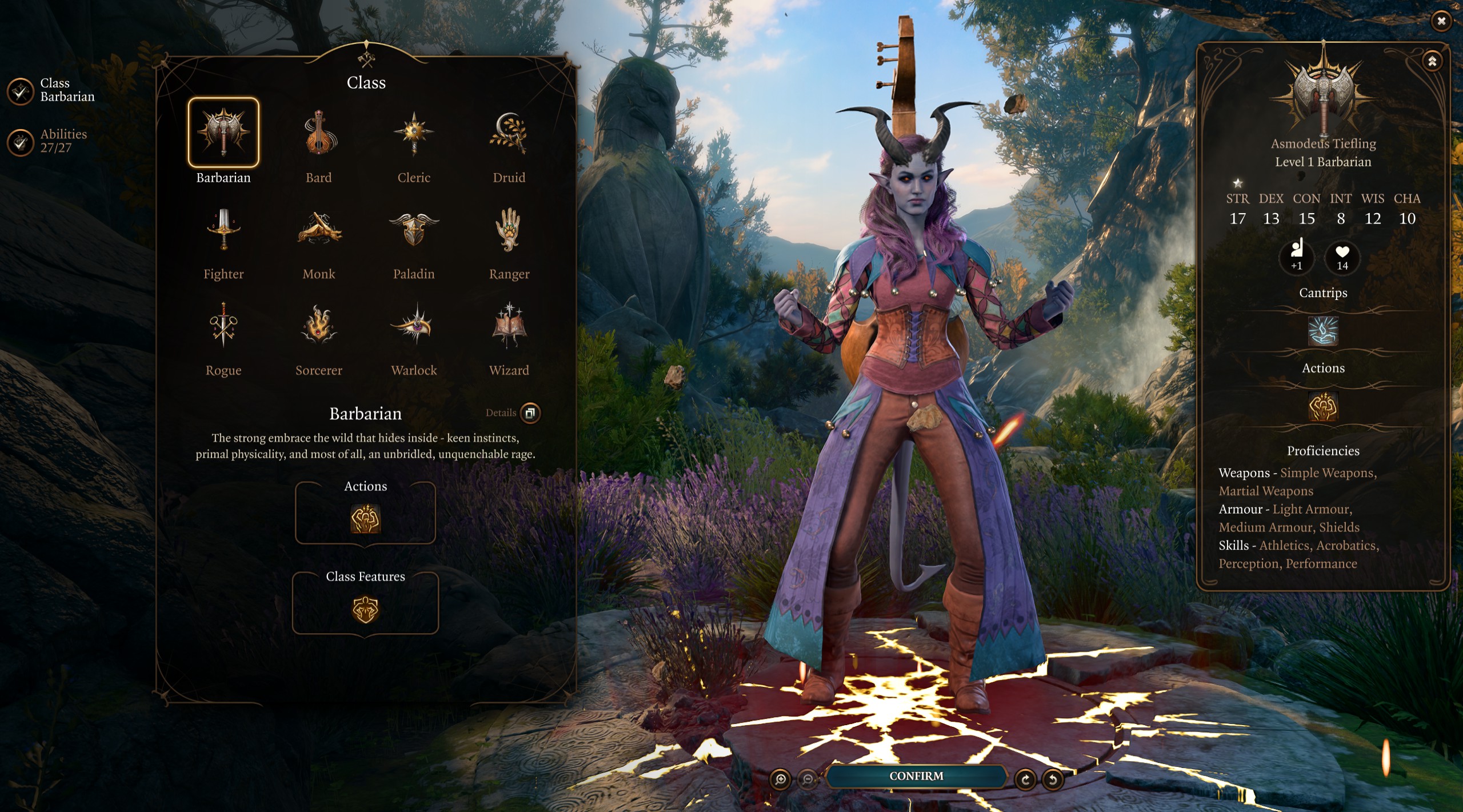Baldur's Gate 3's Patch 7 tweaked one of the game's most brutal scenes to twist the knife even more

One thing I was particularly curious about in the lead-up to Baldur’s Gate 3’s mondo-big Patch 7 was its change to Alfira, a fairly significant side-character and quest-giver. In the lead-up to release, Larian mentioned that Alfira would be able to level up and even respec with Withers, raising questions about her storyline and how it intersects with one of BG3’s origin paths in particular. In brief: Don’t go crazy, she’s not a full companion now or anything. Spoilers for Baldur’s Gate 3 Act 1 and The Dark Urge below.
The Dark Urge is my favorite way to play BG3: You can still customize your avatar and even choose to be a good guy—the “most heroic” story in the game, according to its lead writer—while seeing new or alternate scenes and getting a more personal hook in the plot. The only trade-off is the story getting quite a bit darker overall, with one unavoidable scene in particular setting the tone for the rest of the game.
If you’re playing Dark Urge, a peppy bard will die during one of your Act 1 long rests. Usually it’s Alfira, but she also has a potential stand-in, Quil Grootslang, a dragonborn bard who otherwise only shows up in optional dialogue and a letter in Act 3. If Alfira’s somehow unavailable for her big moment, Quil has to take the fall.
There’s no saving throw, skill check, or alternate path to let you avoid some form of bard brutalization, but me and fellow fans of good guy Dark Urge playthroughs (The Dork Urge)—or Durges who just want Alfira’s spiffy Potent Robe quest reward in Act 2—have an old mariner’s trick to make sure Quil shows up for the fated long rest. You can render Alfira unconscious with nonlethal attacks just before the long rest that triggers her murder: She’ll be unavailable as far as the game logic is concerned, and you’ll be sent Quil instead. It’s still a gut punch of a scene, and Quil is an endearing, tragic figure in her own right, but you can preserve Alfira’s role in the story and see her happy ending.
Quil’s version of this scene is unchanged in Patch 7, but Alfira gets the added devastating fake-out of being a fully-functional companion—for precisely one night. You can indeed level Alfira up, equip her with your best gear, respec her into a barbarian at Withers, but only until you complete the long rest that triggers her arrival in the first place. Otherwise, the Dark Urge’s story proceeds as normal, and you can still trigger Quil’s alternate scene in the exact same way.
(Image credit: Larian)

(Image credit: Larian)
This ultimately won’t change how I play the game in the future, but it’s a particularly evil adjustment that I could see emotionally devastating an unprepared player: “Oh hey, a cool new companion! Let me just take the time to dial in her build and equip her with all my best stuff. I hope her questline is cool—dear god.” If BG3 came out 25 years ago, you could see playground rumors about how to save Alfira and have her as a companion taking on a second life, like all those guys who “knew” how to save Aerith in Final Fantasy 7 or find the Triforce in Ocarina of Time.
And I guess fans who kept up with pre-Patch 7 scuttlebut also got their own little fake-out false hope—while having Alfira implemented as a full companion would have taken an absurd amount of work, well outside Larian’s remit at this point, it’s not entirely without precedent: Halsin, Minthara, and Karlach all became companions after first appearing as NPCs in Baldur’s Gate 3’s early access. Part of me wonders if this change was partially implemented to test the game’s elasticity with adding new companions outside the multiplayer or hirelings system, given Baldur’s Gate 3’s new official modding tools.
I might have cheated fate and made sure Quil took the bullet meant for Alfira, but I’ve always appreciated how, in a game that really centers wish fulfillment and playing how you want, you can’t quite save everyone. Even the ole’ “knock Alfira unconscious” trick leaves you with blood on your hands, contemplating a grim gamer trolley problem with bubbly bards and their respective fictional lives. Who am I to say which bard’s life has more meaning? Well the power gamer in me says it’s the one with an outsize role in the actual game—Sorry, Quil.




